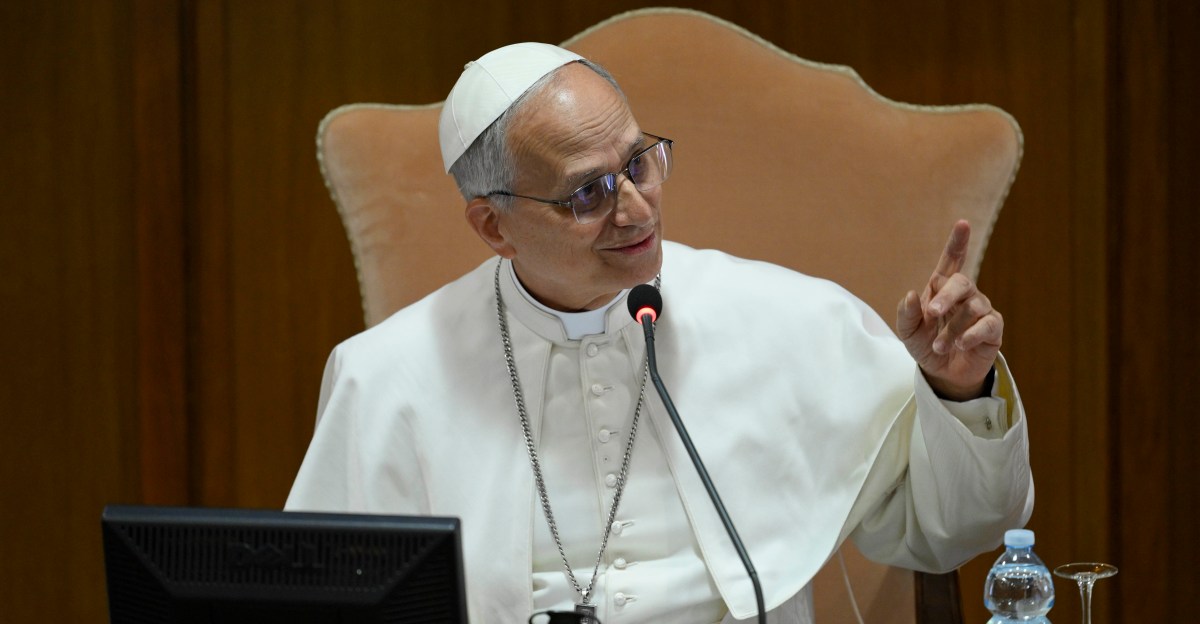
In a recent address, Pope Francis compared the rapid emergence of artificial intelligence (AI) to the sweeping changes brought about by the Industrial Revolution, highlighting both the opportunities and challenges posed by the technology. His remarks come amid growing global attention on the ethical and societal implications of AI.
Speaking from Vatican City, the Pope emphasized that AI represents a transformative moment in human history—one that could reshape economies, labor markets, and social structures. He called for inclusive dialogue and ethical oversight to ensure that AI development serves humanity rather than deepening existing inequalities.
“Artificial intelligence has the power to reshape society much like the Industrial Revolution did,” the Pope said. “But progress must be accompanied by a moral compass. Technology cannot be left to develop in a moral vacuum.”
Highlighting the potential for AI to improve healthcare, education, and communication, the Pope also warned of risks such as job displacement, misuse of personal data, and the potential for autonomous systems to act outside human control. He urged world leaders, tech developers, and ethicists to establish international frameworks that prioritize human dignity and the common good.
The Vatican has taken a proactive stance on technology in recent years. In 2020, it launched the “Rome Call for AI Ethics”—a joint initiative with major tech and academic institutions encouraging responsible AI design and adoption. Pope Francis reiterated the importance of transparency, inclusiveness, and accountability in AI systems.
The Pope’s comments reflect a growing recognition that the consequences of AI innovation extend beyond technological advances, influencing ethical, social, and spiritual domains. As the technology evolves, his message serves as a call for collective responsibility among all stakeholders.
By comparing AI with the Industrial Revolution, the Pope underscores the need not only for innovation but also for justice, equity, and shared moral responsibility in building the AI-driven world of tomorrow.
Source: https:// – Courtesy of the original publisher.








